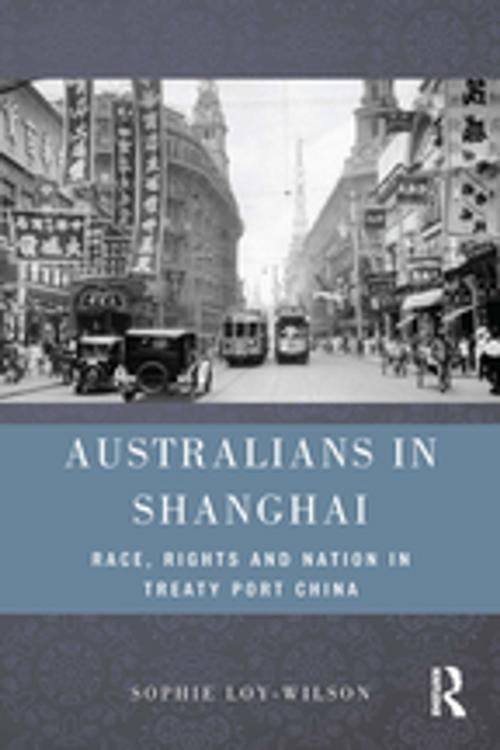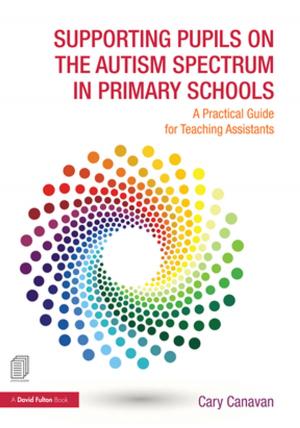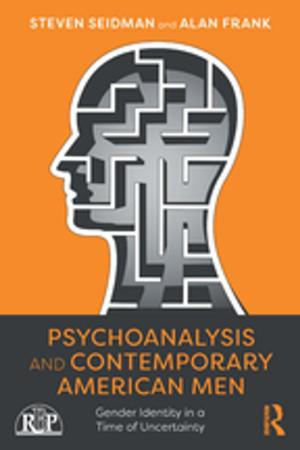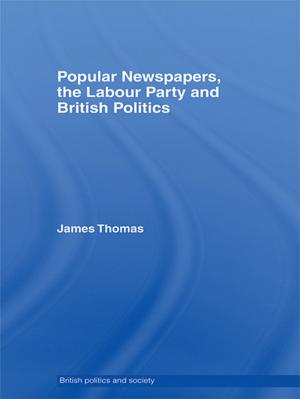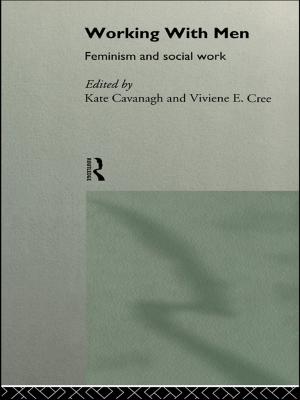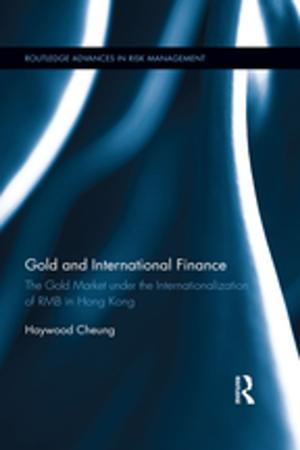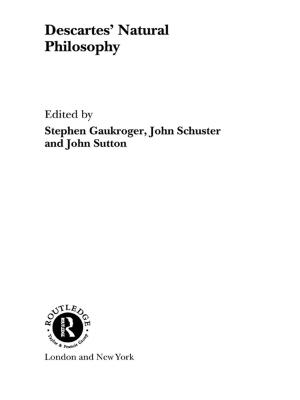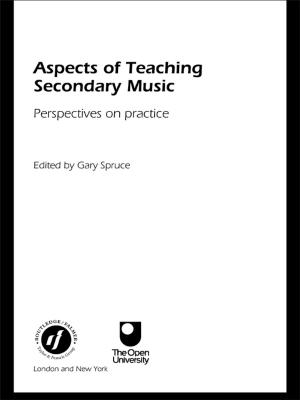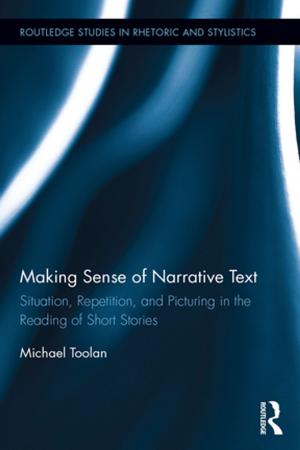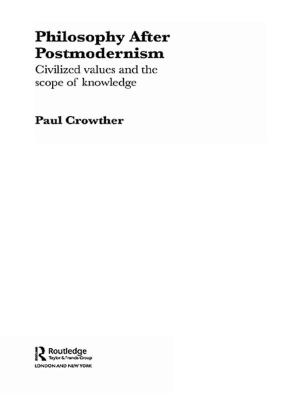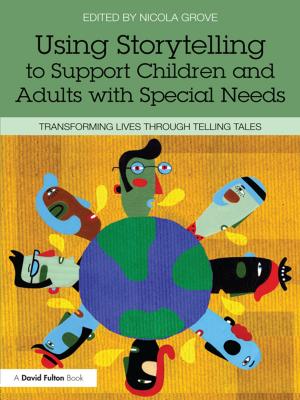Australians in Shanghai
Race, Rights and Nation in Treaty Port China
Business & Finance, Economics, Economic History| Author: | Sophie Loy-Wilson | ISBN: | 9781317631835 |
| Publisher: | Taylor and Francis | Publication: | February 24, 2017 |
| Imprint: | Routledge | Language: | English |
| Author: | Sophie Loy-Wilson |
| ISBN: | 9781317631835 |
| Publisher: | Taylor and Francis |
| Publication: | February 24, 2017 |
| Imprint: | Routledge |
| Language: | English |
In the first half of the twentieth century, a diverse community of Australians settled in Shanghai. There they forged a ‘China trade’, circulating goods, people and ideas across the South China Sea, from Shanghai and Hong Kong to Sydney and Melbourne. This trade has been largely forgotten in contemporary Australia, where future economic ties trump historical memory when it comes to popular perceptions of China. After the First World War, Australians turned to Chinese treaty ports, fleeing poverty and unemployment, while others sought to ‘save’ China through missionary work and socialist ideas. Chinese Australians, disillusioned by Australian racism under the White Australia Policy, arrived to participate in Chinese nation building and ended up forging business empires which survive to this day.
This book follows the life trajectories of these Australians, providing a means by which we can address one of the pervading tensions of race, empire and nation in the twentieth century: the relationship between working-class aspirations for social mobility and the exclusionary and discriminatory practices of white settler societies.
In the first half of the twentieth century, a diverse community of Australians settled in Shanghai. There they forged a ‘China trade’, circulating goods, people and ideas across the South China Sea, from Shanghai and Hong Kong to Sydney and Melbourne. This trade has been largely forgotten in contemporary Australia, where future economic ties trump historical memory when it comes to popular perceptions of China. After the First World War, Australians turned to Chinese treaty ports, fleeing poverty and unemployment, while others sought to ‘save’ China through missionary work and socialist ideas. Chinese Australians, disillusioned by Australian racism under the White Australia Policy, arrived to participate in Chinese nation building and ended up forging business empires which survive to this day.
This book follows the life trajectories of these Australians, providing a means by which we can address one of the pervading tensions of race, empire and nation in the twentieth century: the relationship between working-class aspirations for social mobility and the exclusionary and discriminatory practices of white settler societies.
